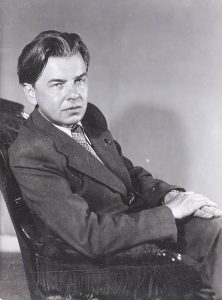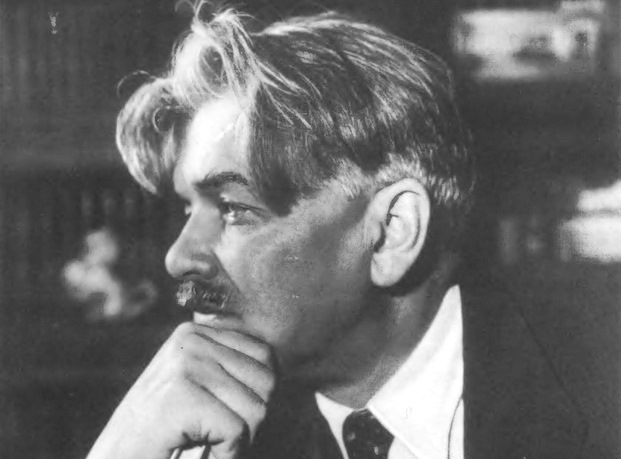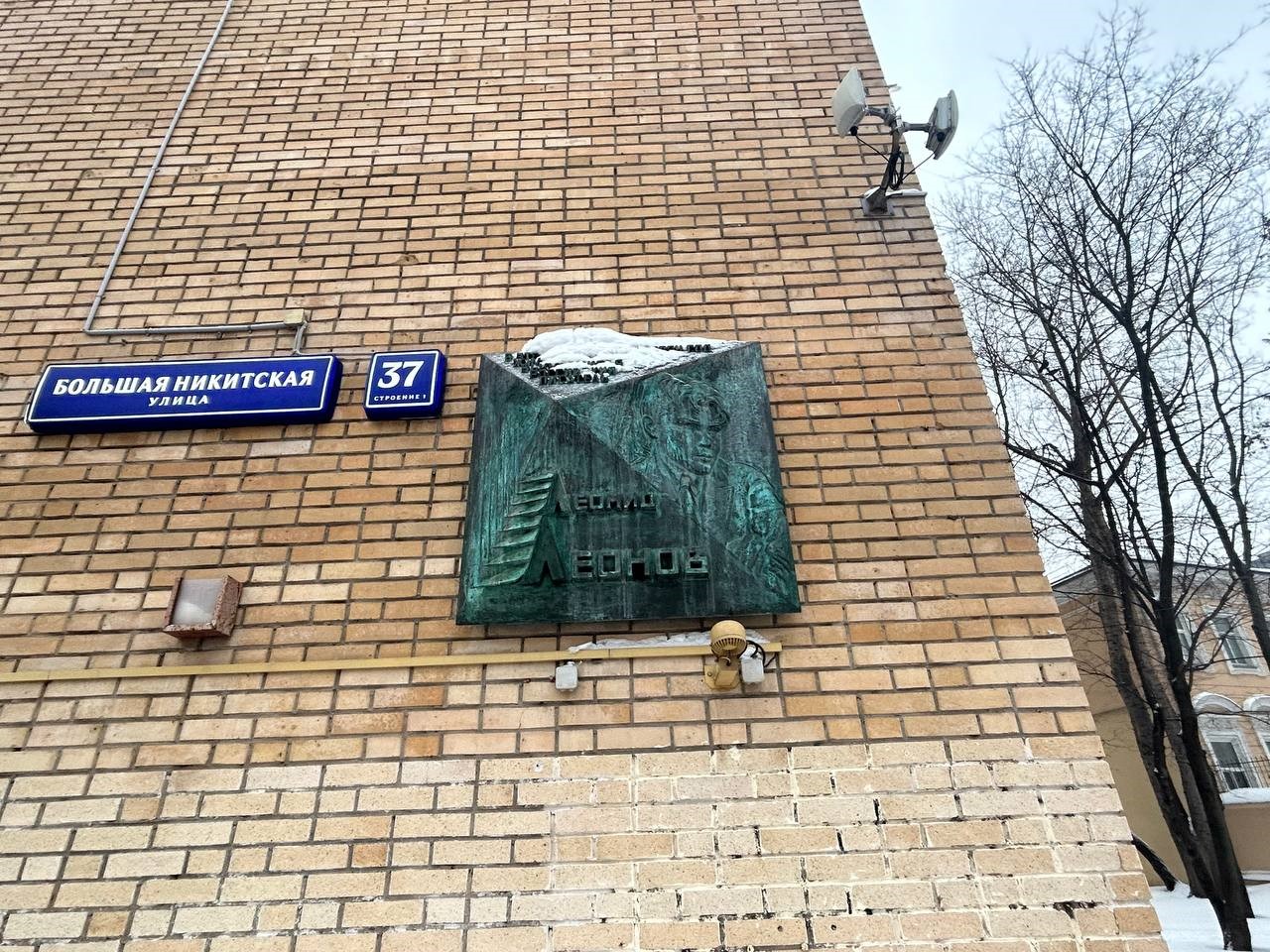Leonid Maksimovich
Leonov
1899-1994

Leonid Leonov was a Russian and Soviet writer and playwright. He was the Hero of Socialist Labour (1967) and was awarded the Lenin Prize (1957), the Stalin Prize of the First degree (1943), and the USSR State Prize (1977). He also was nominated for the Nobel Prize in Literature in 1949 and 1950. Leonov was born in Moscow, the son of the poet and journalist Maksim Leonov. He grew up in the family of his grandfather, who adhered to religious and patriarchal values. His literary works – poems, essays, and theatre reviews – were published in the newspaper “Severnoe Utro” (Northern Morning), which his father edited. In 1918, he graduated from the Third Moscow Gymnasium and then entered the First Moscow University. However, he did not complete his studies and joined the Red Army in 1920. There, he worked in editorial offices of frontline newspapers. After demobilization in 1921, he returned to Moscow and focused on writing. His first major publication was the short story “Buryga” (1922), which was followed by the collections of short stories “Petushikhinsky Breach” and “The End of a Small Man” (both published in 1923). In 1924, Leonov published his first novel, “Badgers”, which depicted the life of the Moscow bourgeoisie and the rural reality of the pre-revolutionary era. This work explored the fate of characters striving for truth and expressed the idea of the inevitable victory of socialist ideals. The novel received praise from prominent figures such as Maxim Gorky and Anatoly Lunacharsky. In 1927, Leonov released the philosophical novel “The Thief”, which focused on the lower classes during the New Economic Policy (NEP) period. Anti-Western themes continued in his works such as “Provincial History”, “White Night”, “Extraordinary Tales of Peasants”, and plays like “Untilovsk” and “Pacification of Badadoshkin”. Finally, in 1930, he completed the novel “Hundred”, one of the first works in Soviet literature to focus on labor achievements during socialism’s construction. The themes of revolution, class struggle, and the intellectual reinterpretation are reflected in Leonov’s novels Skutarevsky (1932) and The Road to the Ocean (1935), which portray communist heroes dedicated to building a new society. In the late 1930s, Leonov became actively involved in dramaturgy, creating plays such as “Polovchansk Gardens”, “The Wolf” (1938), “Snowstorm” (1939) and “An Ordinary Man” (1941). During World War II, he wrote “Invasion” (1942), which received the USSR State Prize. He also wrote journalistic works and the novel “Capture of Velikoshumsk” (1944), which dealt with issues of patriotism and culture. One of his most significant works is The Russian Forest (1953), which deals with the struggle against fascism, issues of patriotism, and the importance of science and culture. The novel combines a realistic portrayal of events with philosophical insights, vivid symbolism, and emotional lyricism. In the 1950s and 1960s, Leonov turned to his earlier works, publishing new editions of his plays and novels, including revisions of “The Thief” (1952) and “The Blizzard” (1963). He also wrote a satirical film pamphlet, “The Escape of Mr. McKinley” (1961), and his last major work, the novel “Pyramid” (1994), on which he had been working since the 1940s. This philosophical and complex work, saturated with mystical, scientific, and theological motifs, became a unique contribution to Leonov’s body of work and to Russian literature of the 20th century.
Address: Moscow, Bolshaya Nikitskaya St., 37, building 1

